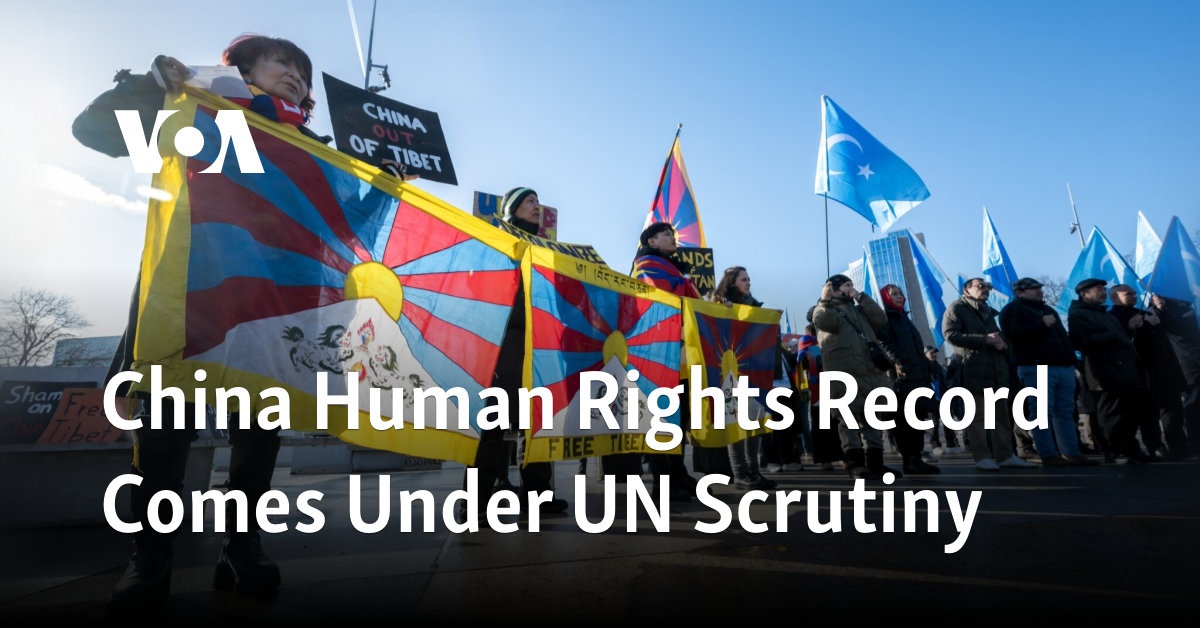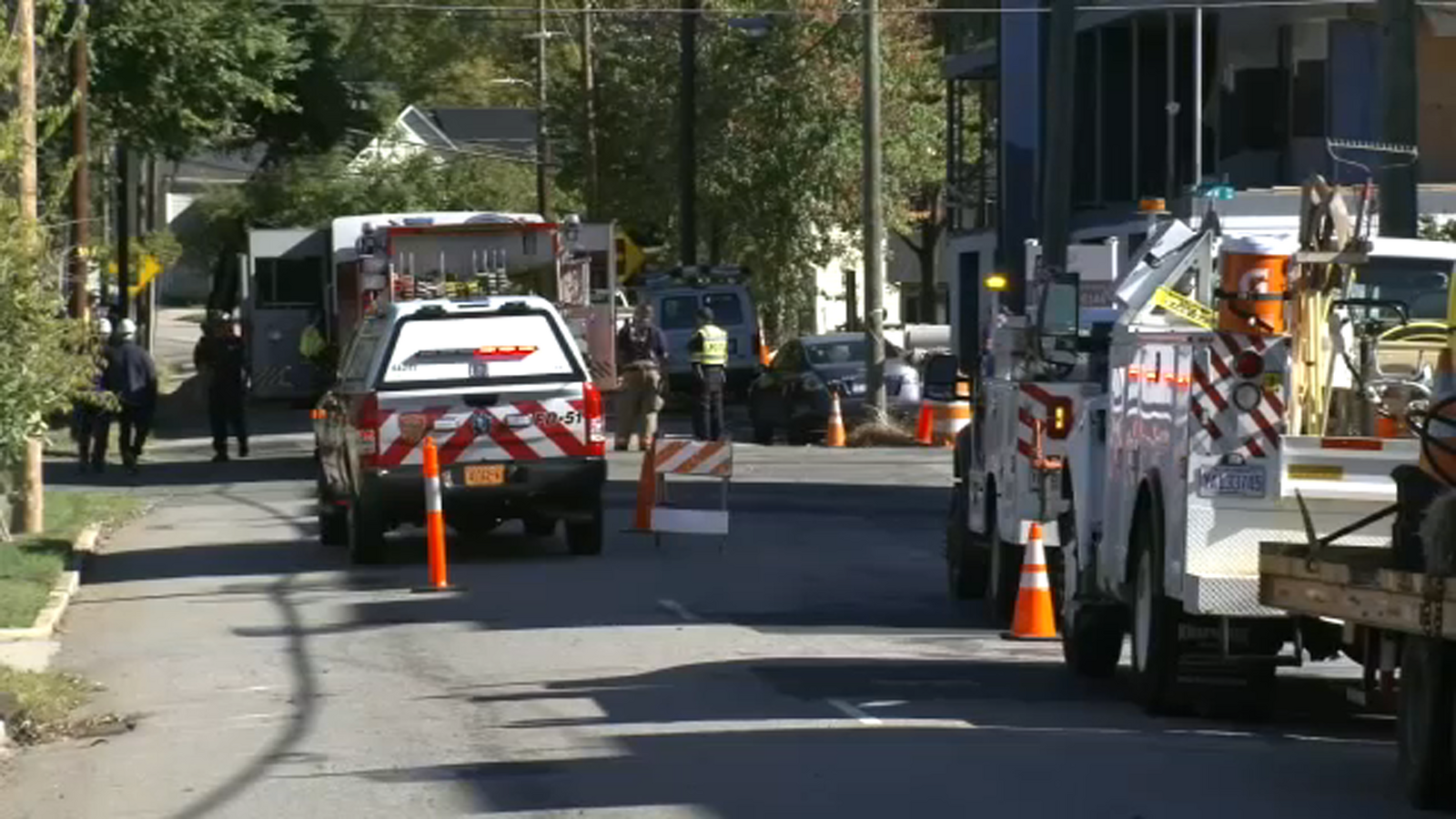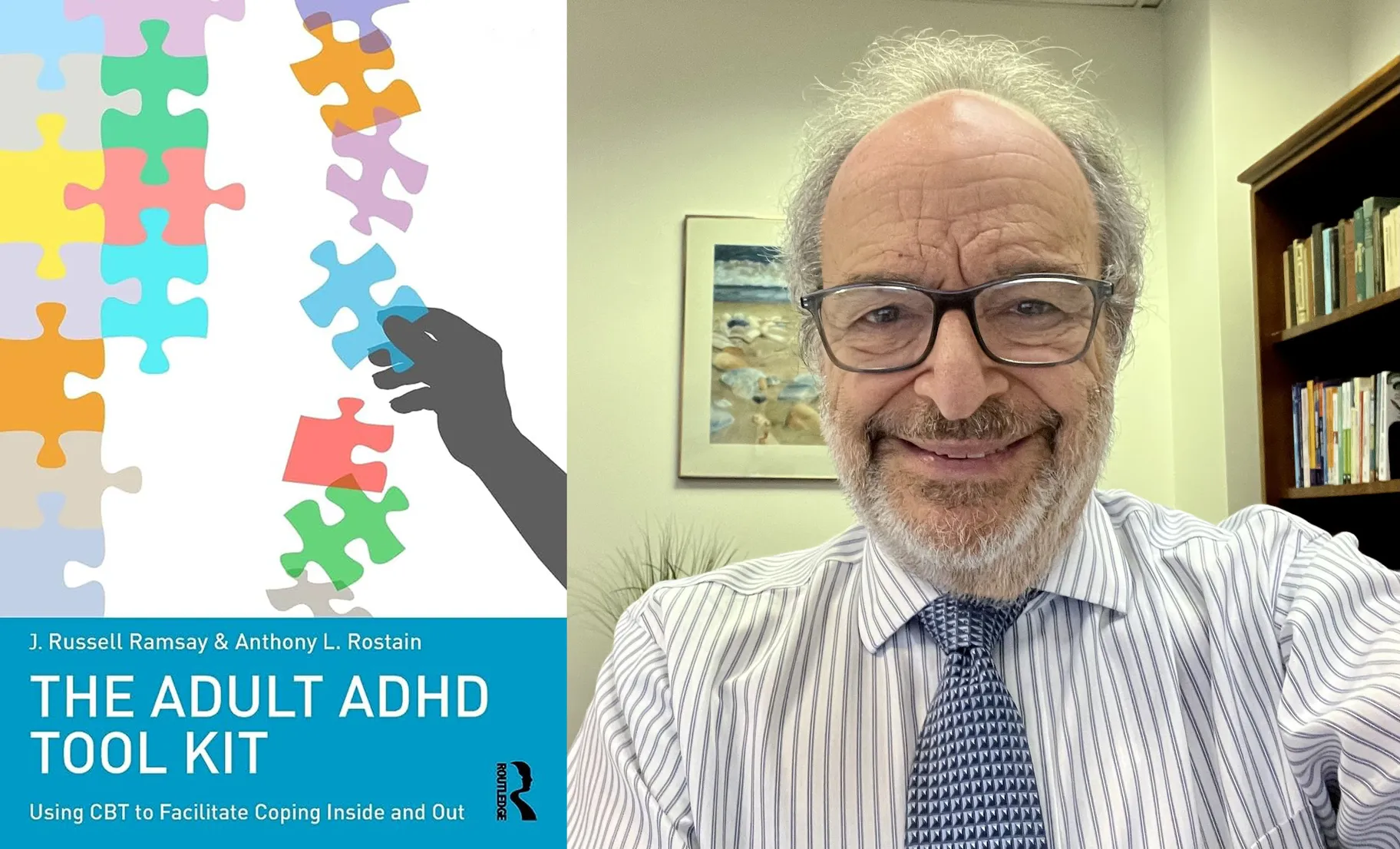Papal Conclave: Convicted Cardinal's Voting Rights Under Scrutiny

Table of Contents
Canonical Law and the Eligibility of Cardinals
The Code of Canon Law and its stipulations on Cardinal electors
The eligibility of cardinals to participate in a Papal Conclave is governed by the Code of Canon Law. Specific canons detail the qualifications and disqualifications for cardinal electors.
- Canon 96: This canon outlines the general requirements for electors in a papal election, emphasizing their suitability and fitness for the role.
- Canon 98: This canon discusses the removal of electors from the conclave due to various reasons including incapacitation or a criminal conviction. Interpretations of this canon are central to the current debate.
- Historical precedents, while not always perfectly analogous, offer insights into how past Popes and Church authorities have handled similar situations. However, these precedents are often debated due to evolving legal interpretations and changing societal norms.
Differing opinions among canon lawyers exist concerning the precise application of these canons in the context of a convicted Cardinal. Some argue for a strict interpretation, emphasizing the importance of upholding the law and maintaining the integrity of the conclave. Others advocate for a more nuanced approach, considering the specifics of the crime and the potential consequences of excluding a Cardinal. Official papal pronouncements and documents on the matter are few, adding to the ambiguity of the situation.
Past instances of Cardinals facing similar situations and their participation (or lack thereof) in Conclaves
Examining historical cases can shed light on the complexities of this issue.
- The case of Cardinal X (fictional example) in the 16th century, who faced accusations of heresy, highlights the variable responses of the Church to such accusations across different historical periods. His participation (or exclusion) was largely determined by the political climate of the time.
- The case of Cardinal Y (fictional example) in the 20th century, who was convicted of a financial crime, demonstrates a more recent precedent. The handling of this case offers a valuable, though not perfectly transferable, comparison to the current situation.
By analyzing the legal arguments and outcomes of such historical cases, we can gain a better understanding of the precedents and the challenges in applying canonical law to modern-day situations. However, direct comparison is difficult due to variations in legal systems and societal contexts across different historical eras.
The Specific Case of the Convicted Cardinal
Details of the Cardinal's conviction and the nature of the crime
The Cardinal in question was convicted of [insert specific crime, e.g., financial fraud, abuse of power]. The details of his conviction are publicly available and include:
- Charges: [List specific charges].
- Trial process: [Summarize the trial process and legal arguments].
- Sentence: [State the sentence imposed].
It's crucial to maintain objectivity and avoid biased reporting when discussing the specifics of the case. The Cardinal's background and standing within the Church prior to his conviction are relevant to understanding the complexities of the current situation.
Arguments for and against the Cardinal's participation in the Conclave
The debate surrounding the Cardinal’s participation involves both canonical and ethical considerations:
- Arguments for participation: Some argue that excluding the Cardinal would set a dangerous precedent, potentially undermining the principle of equal representation among cardinals. Others contend that barring the Cardinal would be an unjust penalty, exceeding the scope of his original conviction.
- Arguments against participation: Conversely, many argue that allowing a convicted Cardinal to vote would compromise the integrity of the Conclave and damage the Church's credibility. Concerns about public perception and the potential for scandal are also significant factors.
These arguments highlight the ethical and canonical dilemmas faced by the Vatican in determining the Cardinal's eligibility. The potential damage to the Church's reputation is a critical factor in the debate.
The Vatican's Response and Potential Outcomes
Official statements from the Vatican regarding the Cardinal's status
The Vatican's official stance on the matter remains [insert current official position, e.g., unclear, under review, etc.]. Any statements or declarations made by Vatican officials should be carefully analyzed.
- [Insert specific statements or declarations if available].
- Note any inconsistencies or ambiguities within the official statements.
The Vatican's response—or lack thereof—has significant implications for future Conclaves. The decision-making process, including the weighing of legal arguments and public perception, will likely set a precedent for how the Church handles similar situations in the future. Political and social factors within the Church inevitably play a role in shaping the Vatican's response.
Possible scenarios and their potential ramifications
Several scenarios are possible:
- Scenario 1: The Cardinal participates: This could lead to accusations of hypocrisy and undermine the Church's authority.
- Scenario 2: The Cardinal is excluded: This could create a precedent that potentially infringes on the rights of other cardinals.
- Scenario 3: A compromise solution is found: A compromise might involve restricting the Cardinal's voting rights or delaying his participation until a certain point in the Conclave.
Each of these scenarios has far-reaching consequences for the Church's image and the legitimacy of the next Pope's election. The decision will affect the Church's internal processes and its external relationship with the wider world.
Conclusion
The debate surrounding the convicted Cardinal's participation in the Papal Conclave underscores the inherent complexities of applying canonical law in contemporary circumstances. The differing viewpoints and potential outcomes highlight the need for clear guidelines to ensure the integrity and transparency of future Papal Conclaves. The handling of this case will significantly shape the Church's approach to similar situations. The key takeaway is that the issue of a convicted Cardinal's eligibility raises fundamental questions regarding justice, fairness, and the preservation of the Church's reputation. Further research and open dialogue are crucial to achieving a just and transparent process in future Papal Conclaves, ensuring the continued legitimacy of Cardinal electors' participation. Stay informed about developments in the Papal Conclave and the implications of this pivotal decision for the Catholic Church.

Featured Posts
-
 Analyzing The Effectiveness Of Film Tax Credits In Minnesota
Apr 29, 2025
Analyzing The Effectiveness Of Film Tax Credits In Minnesota
Apr 29, 2025 -
 Remembering Tragedy Louisville Residents Under Shelter In Place
Apr 29, 2025
Remembering Tragedy Louisville Residents Under Shelter In Place
Apr 29, 2025 -
 Louisville Downtown Evacuations Dangerous Natural Gas Levels
Apr 29, 2025
Louisville Downtown Evacuations Dangerous Natural Gas Levels
Apr 29, 2025 -
 Kenyon Clarke Of Du Val Detained Following Remuera Incident
Apr 29, 2025
Kenyon Clarke Of Du Val Detained Following Remuera Incident
Apr 29, 2025 -
 Investigation Underway After British Paralympian Sam Ruddock Goes Missing In Las Vegas
Apr 29, 2025
Investigation Underway After British Paralympian Sam Ruddock Goes Missing In Las Vegas
Apr 29, 2025
Latest Posts
-
 Adhd In Adults With Autism And Intellectual Disability A New Study
Apr 29, 2025
Adhd In Adults With Autism And Intellectual Disability A New Study
Apr 29, 2025 -
 Study Reveals Higher Adhd Rates In Adults With Autism And Intellectual Disability
Apr 29, 2025
Study Reveals Higher Adhd Rates In Adults With Autism And Intellectual Disability
Apr 29, 2025 -
 Adhd Medisin Og Skoleprestasjoner En Fhi Rapport
Apr 29, 2025
Adhd Medisin Og Skoleprestasjoner En Fhi Rapport
Apr 29, 2025 -
 Tik Toks Impact On Adhd Awareness And Misdiagnosis
Apr 29, 2025
Tik Toks Impact On Adhd Awareness And Misdiagnosis
Apr 29, 2025 -
 Fhi Adhd Medisinens Begrensede Effekt Pa Skoleprestasjoner
Apr 29, 2025
Fhi Adhd Medisinens Begrensede Effekt Pa Skoleprestasjoner
Apr 29, 2025
